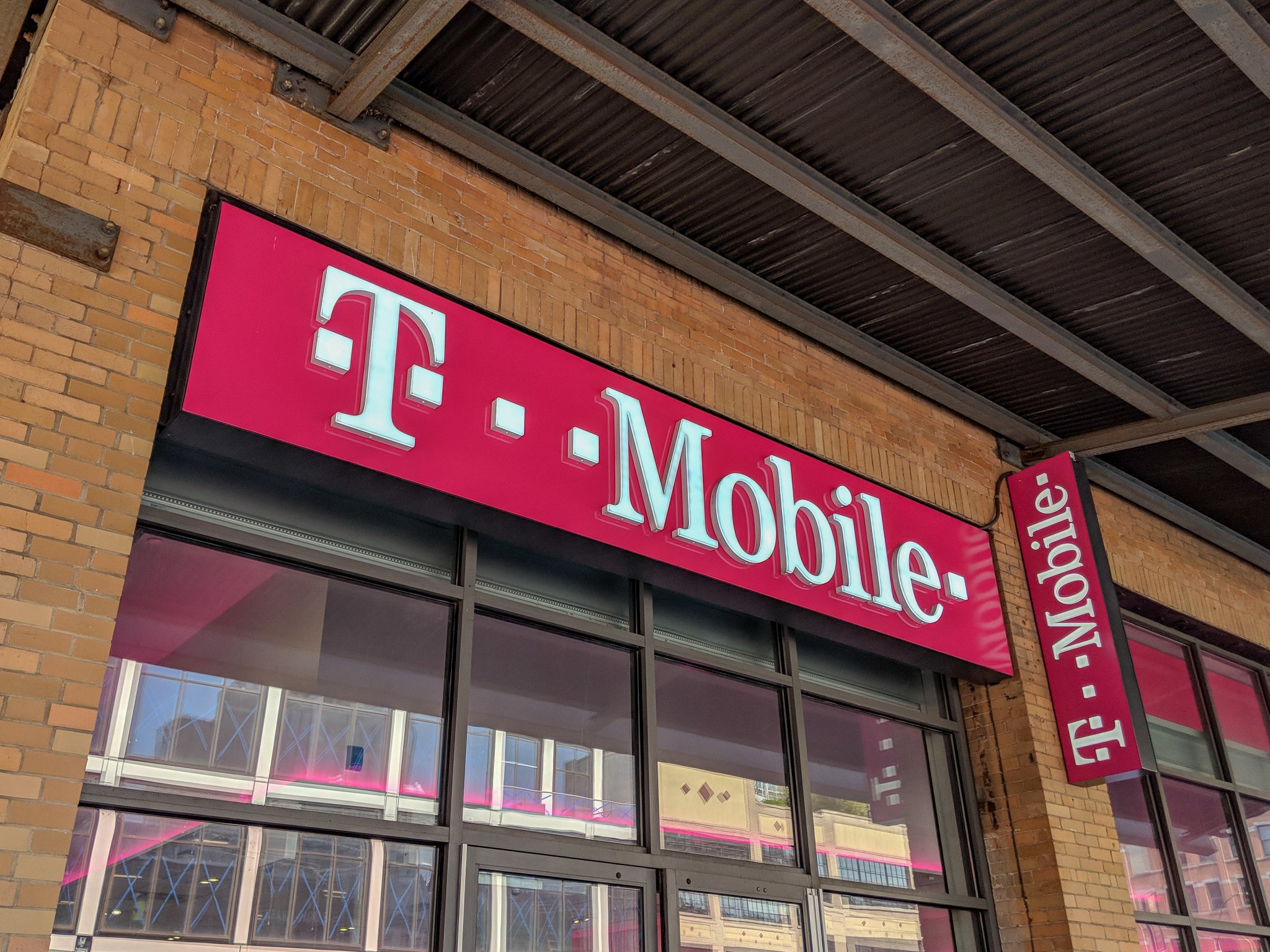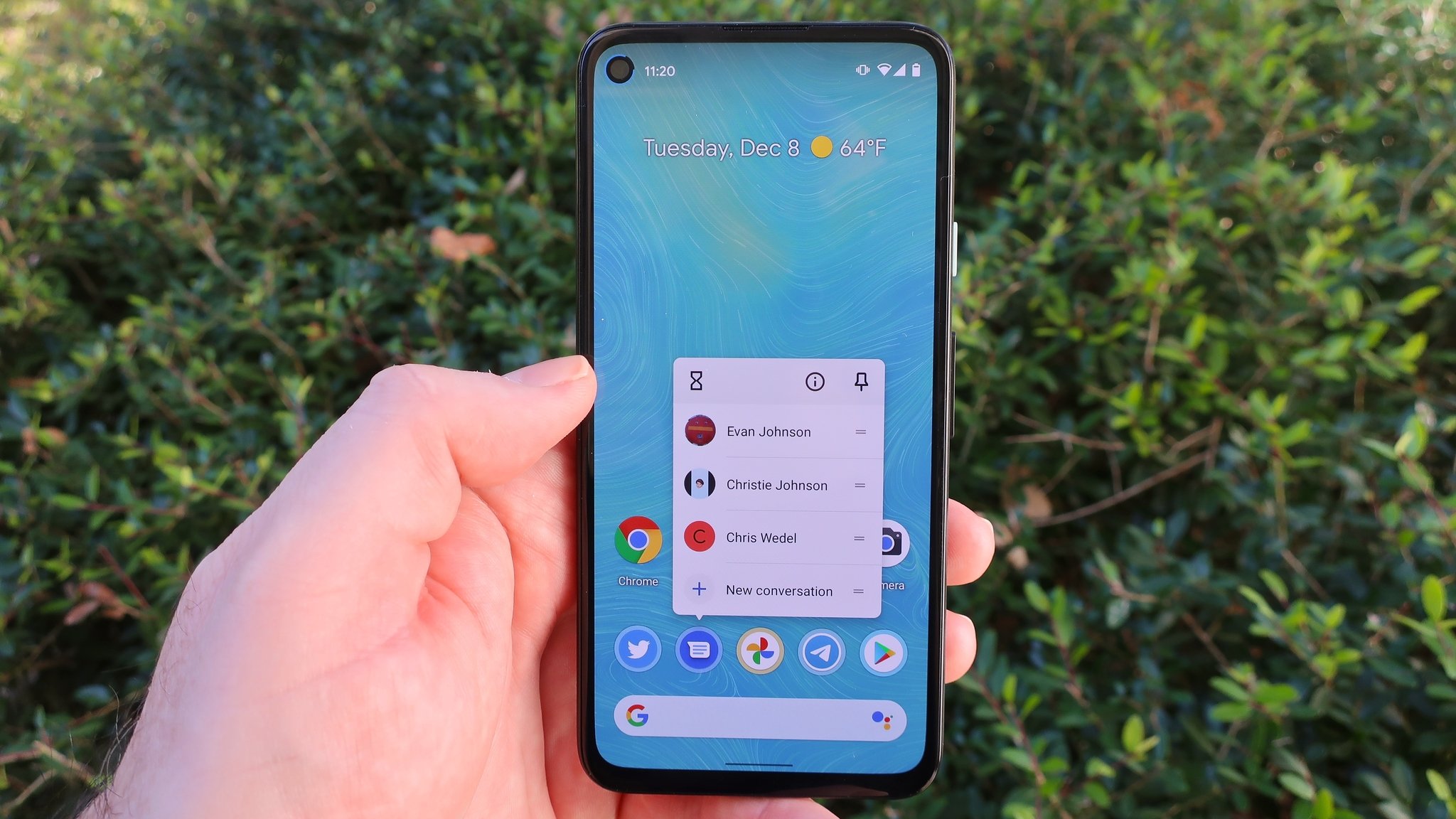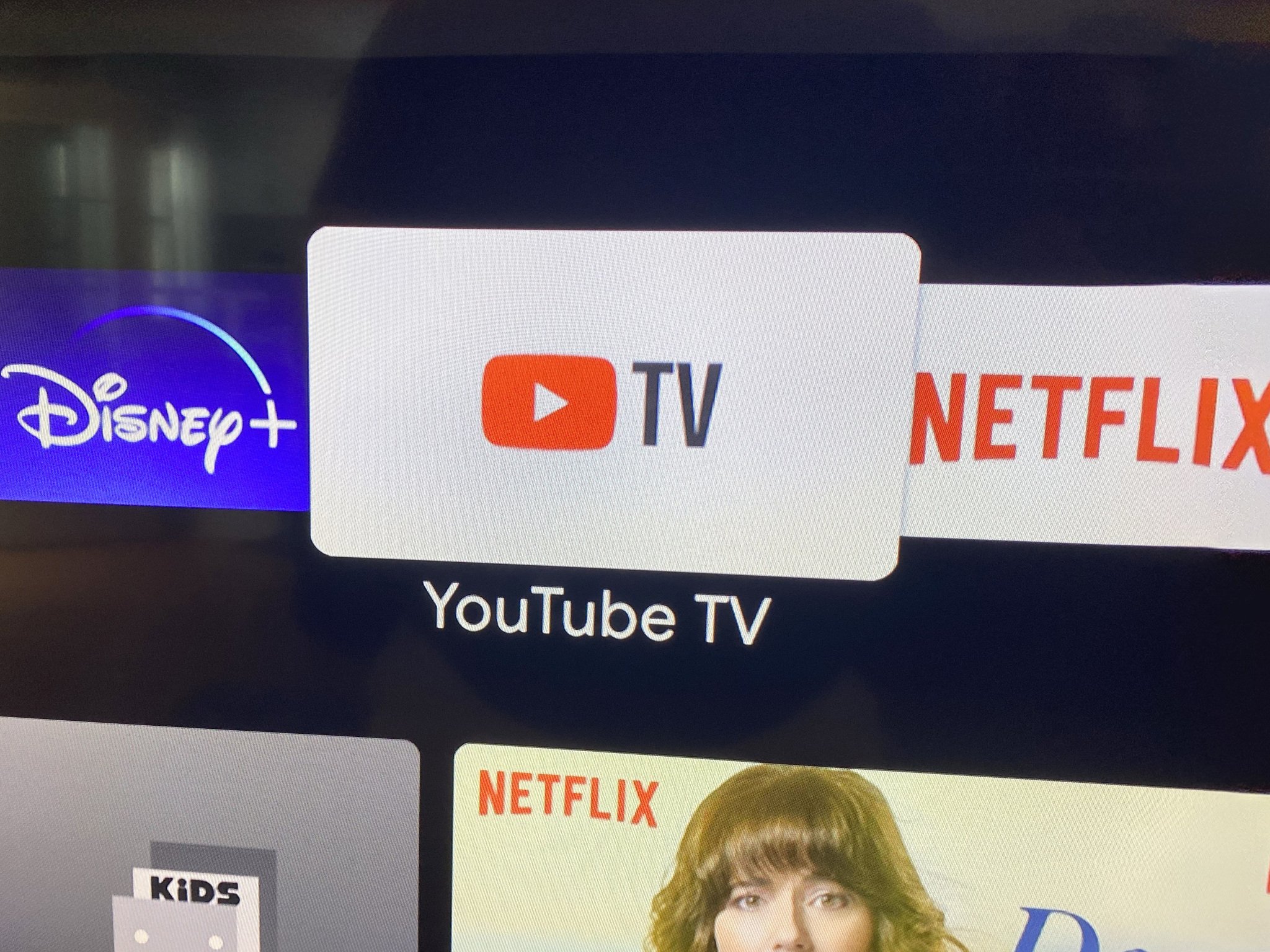T-Mobile is building an even stronger relationship with Google and everyone benefits.
At the end of March, T-Mobile announced that it was partnering with Google to "deliver best‑in‑class mobile and TV experiences, and showcase (the) range of android devices," which was a wordy way to say T-Mobile was going to use more Google services and sell future Google Pixel phones in its retail division along with many of the other best Android phones.
What that means is that:
- T-Mobile's TVision service to offer live television will be replaced by YouTube TV.
- T-Mobile's cloud storage service will be replaced with Google One.
- T-Mobile is going to offer more Pixel devices that help "showcase" its 5G capabilities and will sell "Android TV OS" devices, too.
- T-Mobile is going to adopt the right RCS profile so it can use Google's Messages as the default messaging app on all Android-powered devices.
What else it means is that the entire Android ecosystem gets better because of these changes — including for you and me as users.
OK, enough bullet points, but I wanted to explain the changes one by one because they are important. While I am sure that there are fans of T-Mobile's existing services like TVision and that they might not like the idea of switching, things like this create more cohesion among Android users and that's something we all could really benefit from.
Android is used by a staggering number of people — 2.5 billion devices are in use today. But the core Android experience is very different between brands or on carrier-branded phones. In the past, manufacturer apps or carrier apps were better or more useful than Google's offerings.
Google knew this, too. That's part of the reason "fixing" its Messages service was important and features like encryption are quickly being added. Google wants to try and build a solution that works for everyone with an Android device, and it's going to keep trying until it can do it.
We need to know these services exist and they have to be good enough for us to like using them.
The same goes for entertainment and cloud storage — the positives and the negatives. We all know that YouTube TV isn't the best solution for everyone who wants to watch broadcast television or live sports or anything else we used to do on cable. Google One is affordable, secure, and has great uptime so it covers the basics when it comes to cloud storage, but that might not be enough for many folks who use a different cloud company to hold their stuff. Google wants these services to become the best even more than we do.
Android is in desperate need of a little cohesiveness and there are two fronts when it comes to solving that problem: Google needs everyone to know about the services it offers and those services need to be so good and work so well that everyone wants to switch to them. Obviously, billions of people already have Google services installed on their phones, and many people love Google's core offerings like Gmail and Maps. But carriers are free to bury or override Google's choices, leaving the company with little influence over how users experience their newly-purchased Android phones.
But the first issue is solvable, and we're seeing how with this announcement. The United States is just one country and T-Mobile is just one carrier in it, but now a very large number of people — 102.1 million, as of writing — will be exposed to three Google services they might not have known existed.
That means they may like what they see enough to start using them, which is something that Google is counting on. This isn't going to be free for Google, and we can speculate that quite a bit of cash went into this partnership, either as a licensing thing or another sort of incentive.
Both companies get most of what they want in any good business deal.
T-Mobile thinks it comes out ahead, too. A big part of that will come in savings — developing services like TVision or hosting cloud services isn't exactly cheap. There's no telling exactly how much money T-Mobile makes from them, but it's obvious that it is willing to shutter them. The companies have had a long relationship when it comes to Android, but still — money talks.
It's easy to see how both companies benefit, but to see how Android users and the Android ecosystem benefit needs a look at "the big picture." I'm going to use the tired example that has been done to death here because it describes the situation perfectly: we need our own version of iMessage for Android.
This time, we're going to benefit, too.
Imagine if you bought a new phone and you knew the best messaging app was already installed and working. It would be chock full of features, be easy to use but still powerful in its own way, and everyone else with an Android phone was using it, too. That's what iMessages is and that's the secret that makes it great, Not features or because it's cool, it's just a default app that's good enough for everyone.
I'm not saying that iMessage is better than WhatsApp or anything of the sort. I'm saying that for iOS users it's the best because it's there, it's a great app, and everyone they know uses it too. That makes it the best option.
Deals like this are the first step to an Android version of iMessage.
Android has nothing that comes close. Yes, there are Android messaging apps that I think are better than iMessage when it comes to using them, but that doesn't make them the best option. You need features you want and for your people to be using it before it can be the best. This is why no matter what any one person thinks, WhatsApp is the best messenger available to Android users (although Telegram and Signal are close behind)
The same applies to things like YouTube TV in a way. It has to get people's attention by offering the right stuff, and then get all of us to use it. If that ever happens, Google gains some serious leverage when it comes to content deals and exclusives. We like it more and use it more, and the circle continues.
Usually, I dislike it anytime choices are taken away from consumers, and I'll admit that was my initial reaction to this news. But after a bit of thinking and climbing out of my bubble to look at the overall Android ecosystem, I can see how this benefits everyone. I'm sure people using T-Mobile's existing offerings that need to switch over to Google's aren't quite as happy, but their sacrifices are necessary if we ever want the core functionality of the Android platform to get that cohesiveness I've been talking about.




Tidak ada komentar:
Posting Komentar